In the media


New evidence suggests people – not glaciers – moved Stonehenge’s massive rocks
January 2026

A ”cosmic clock” helps with dating the evolution of ancient landscapes
January 2026

Movement through the Milky Way’s spiral arms is recorded in Earth’s crust
September 2025

Newly discovered marsupial species are already extinct
September 2025

Carbonatites in central Australia formed when the Rodinia Supercontinent started breaking apart
September 2025

An updated age for a meteorite impact in Scotland has potential implications for the earliest terrestrial life forms
April 2025

Earth’s oldest known meteorite impact structure discovered in the Pilbara Craton
March 2025

Proterozoic glacial bulldozers may have contributed to the evolution of complex life
February 2025
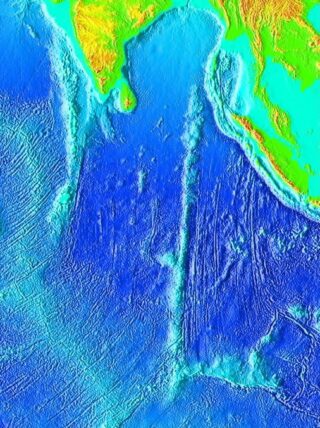
The world’s longest straight underwater mountain belt was created by a moving hotspot
November 2024
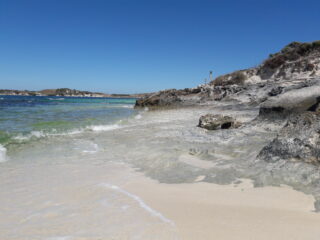
Zircon grains once transported in the Swan River found to the north of Rottnest Island
October 2024
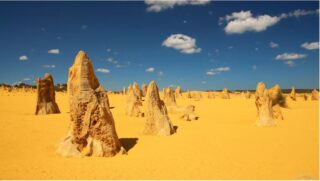
WA’s iconic Pinnacles formed during wet MIS5c
October 2024
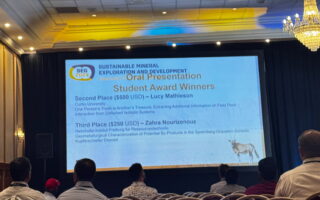
Timescales PhD student wins 2nd place (Student Oral Presentations) at SEG 2024
October 2024
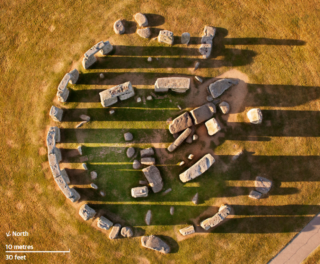
New Nature study finds that the altar stone of Stonehenge came from Scotland
August 2024
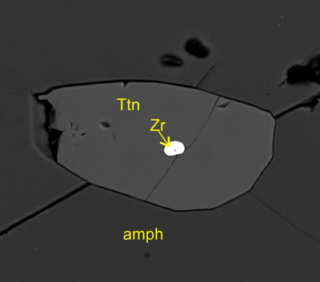
Timecapsules from the deep preserve remnants of Earth’s ancient crust
June 2024
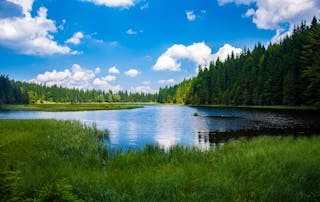
Ancient crystals reveal fresh water and early land on Earth 4 billion years ago
June 2024
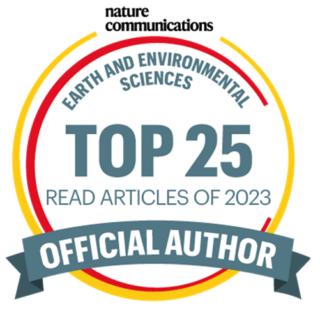
Our 2023 Nature Communications paper was one of the most read articles of 2023
March 2024
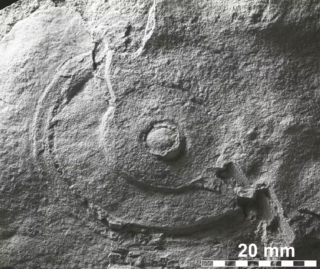
New ages on some of Britain’s oldest fossils
February 2024

Ukraine-Australia Research Fund allows Timescales Group to collaborate with Ukrainian researchers
February 2024

Timescaler Dr Olierook announced WA Young Tall Poppy Scientist of the Year
October 2023
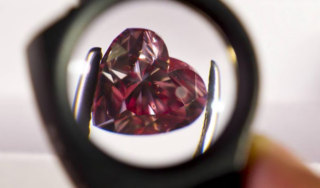
Pink diamonds formed during ancient supercontinent breakup
September 2023

Tools to see through time: Timescales PhD student Taryn Scharf winner of the the Three Minute Thesis competition at Curtin University
August 2023
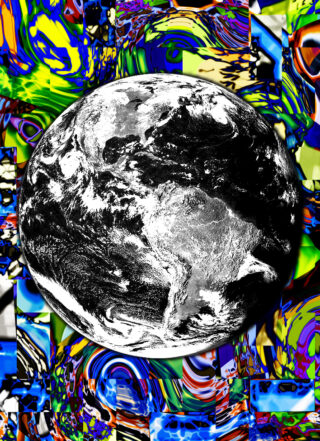
Dating the formation of Earth’s continents
July 2023
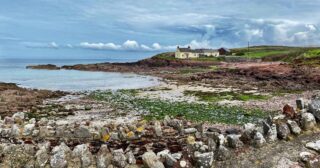
What ancient rocks in Pembrokeshire tell us about Wales’ past
June 2023
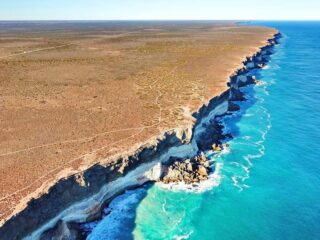
Ancient rocks reveal Nullarbor Plain’s transition from lush forest to desert
April 2023
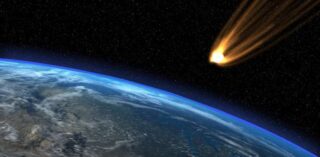
How the world’s oldest known meteorite impact structure changed the chemistry of Earth’s crust
April 2023
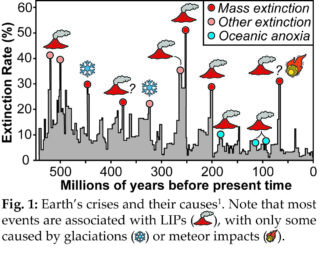
Australian Research Council funding for Dr Olierook, Timescales Group
September 2022
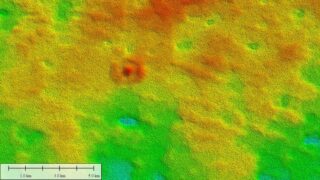
A giant ‘bullseye’ on the Nullarbor Plain was created by ancient sea life
September 2022
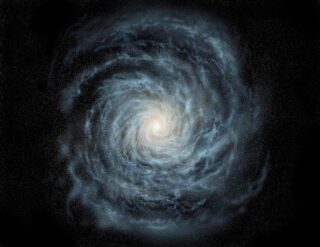
Comet impacts formed continents when Solar System entered galactic arms
August 2022
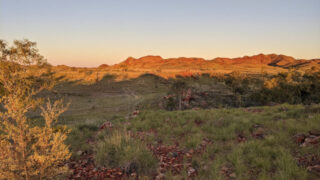
Study finds evidence that giant meteorite impacts created the continents
August 2022
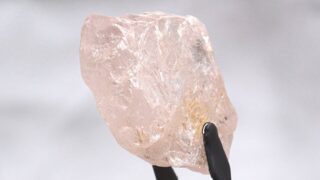
Perfectly imperfect: the discovery of the second-largest pink diamond has left the world in awe
July 2022
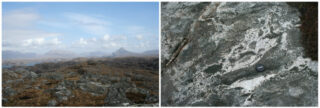
Earth’s ancient water cycle was key to making continents
July 2022
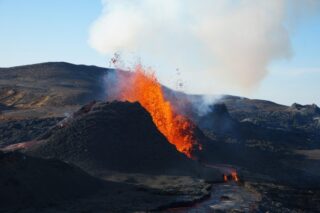
Supervolcano Study Finds CO2 Emissions Key to Avoiding Climate Disasters
July 2022
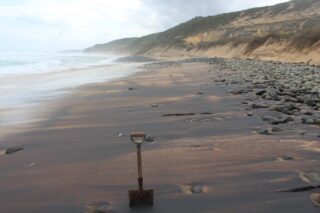
Lasers light the way to discovery of ancient crust beneath Western Australia
July 2022
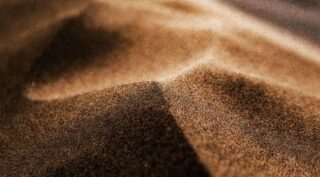
Unlocking ancient history of Earth from grains of sand
March 2022
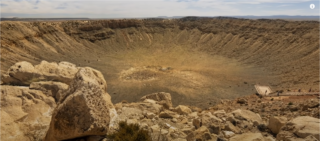
The Oldest Crater from a Meteorite…Isn’t a Crater after All?
February 2022
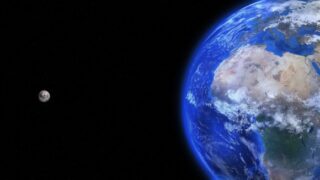
Our 2021 Nature Communications paper is highlighted by the journal editors
December 2021
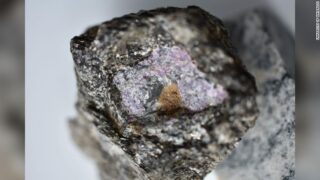
Scientists discover trace of ancient life in a 2.5 billion-year-old ruby
October 2021
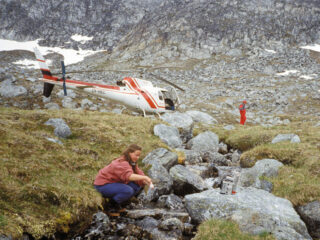
Earth’s Continents Share an Ancient Crustal Ancestor
August 2021
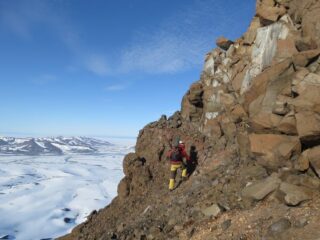
When Greenland was green: rapid global warming 55 million years ago shows us what the future may hold
August 2021
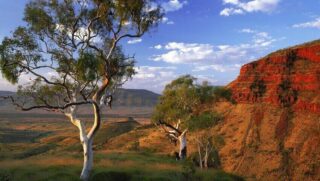
Just add (mantle) water: new research cracks the mystery of how the first continents formed
April 2021
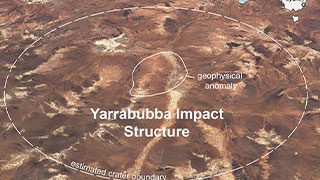
Discovery of oldest recognised impact structure one of the most read articles of 2020
March 2021
A research paper from Curtin’s Yarrabubba asteroid discovery team was one of the most read Nature Communications articles in Earth, environmental and planetary sciences in 2020. The paper, Precise radiometric age establishes Yarrabubba, Western Australia, as Earth’s oldest recognised meteorite impact structure, made the Top 50 Read Articles of 2020.
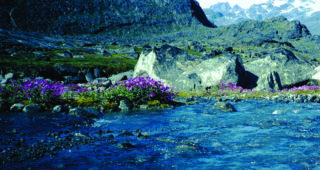
Earth’s outer shell ballooned during massive growth spurt 3 billion years ago
January 2021
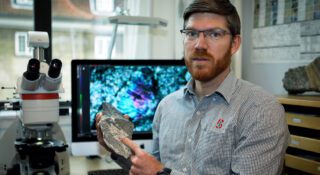
The world’s oldest meteor crater is not located in Maniitsoq
January 2021
- Sermitsiaq (in Danish)
- Copenhagen University (in Danish)
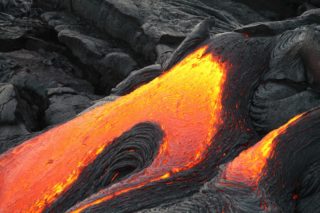
Magma ‘conveyor belt’ fuelled world’s longest erupting supervolcanoes
November 2020

Uncovering the two faces of Earth
June 2020
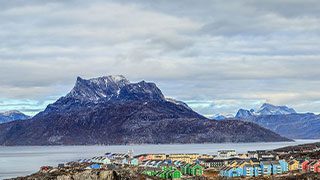
Greenland’s deep secret of continent formation and structure
February 2020

Yarrabubba crater in WA outback world’s oldest recognised impact structure
January 2020
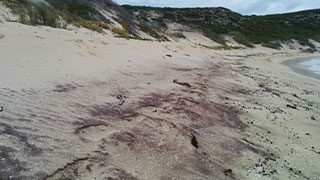
Mineral sands’ 500-million-year journey from Antarctica to Western Australia unearthed
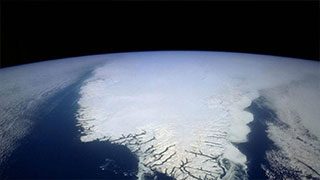
600M-year-old ice age caused ‘Snowball Earth,’ radically changing planet’s climate
October 2019
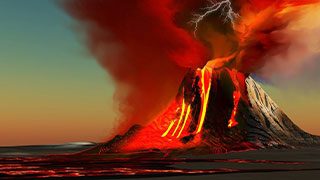
Giant ancient supervolcanoes threw rock right across Australia
August 2016